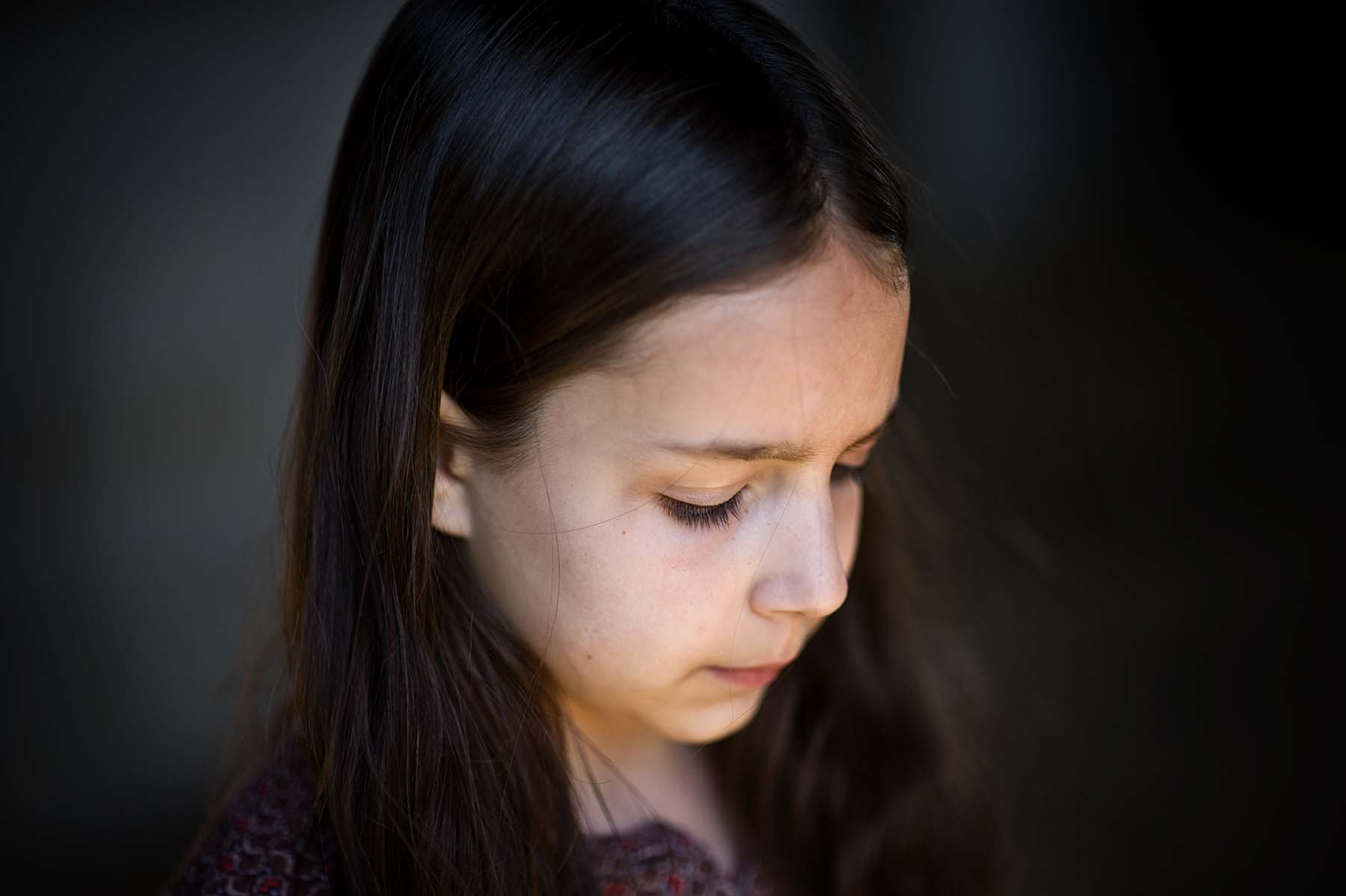Frank G. Caruso continues to widen his breadth of work, with his documentary “This Is My Sister”, is a film that tells us what is right in the world. If you are expecting to see a documentary that tells you what’s wrong with the world or a portrait of someone that is suffering, then this film is not for you.
This Is My Sister logline:
"This Is My Sister" will spark the humanity that lives within us all. It will redefine the meaning of unconditional love. A precious look at what happens to a life when love is the guiding factor.
TM: Why a documentary?
FGC: Watching my daughters grow into young adults, I would often remind them during their times of adolescence that they would know each other longer than any other human in their lifetime. Therefore, be kind to one another. Sisters have a unique bond that I was witness to and wanted to tell that story.
TM: Why these sisters?
FGC: About four years ago, I was on a news assignment filming at an elementary school where they celebrate their annual pioneer day. I was about to begin filming four women teaching quilting when the teacher stood and introduced all but one of the women. Immediately, one of the women from the group stood and said the words that I could not get out of my mind and noted them on a pad I had with me, "And this is my sister, Mary; she is also a part of our group.”
The woman stood in defense of her sister Mary and in defiance of a world that dismisses those that are different; she did so with such devotion. I left the classroom that day thinking about the sisters and thinking about my daughters and unconditional love. This past year as I was preparing to send my oldest daughter off to college, I was reading to my daughter from one of my journals on things that she had said over the past 18 years. The reading turned into a discussion when we came upon the pioneer day celebration. I told her about that day with the sisters and how it had affected me so deeply. I told my daughter I was thinking about a documentary on the sisters. She responded with, "You should dad." That night I made a call and two days later I met the sisters.
TM: Did you know what the tone of the documentary was going to be?
FGC: The tone was going to be set by the sisters. When I initially told them about that day in the school, they were very surprised because it was a natural part of their life’s fabric to support one another. I liked not having all the answers, not pushing the direction of the story.
TM: Many documentaries tell us what is wrong with something or ultimately uncover something dangerous. Were you hoping for something akin to that?
FGC: I had no preconceived notion of what path this would take. I just wanted to tell their story. Whatever goes in the camera will come out. I believe a documentarian is not interpreting, but recording history. In my fictional film work, you interpret through words, light, composition and the way you move the camera, along with a host of other factors. Now I just lied because even shooting a documentary you are trying to convey a story. For instance, the black & white clips I created to take the viewer momentarily back in time. Ken Burns does it better than anyone without corrupting the facts of a story. I did not want to get in the way of the story--whatever happens in the moment happens. In the end, the sisters told their story with little fuss.
TM: Mary's mother and father did this in 1957 when the world said no. What do you think about that?
FGC: I'm grateful, so grateful, for the way Earl and Marion showed the world what it is to stand up for what you believe in and live your life in that vein.
TM: How many people were there on shooting days?
FGC: Trust is so imperative with all the sisters and I knew from the beginning that Mary had to feel comfortable and trust me. She has an innate sense about people that is razor sharp. So, it was just me. Mary and I would start the day often singing songs from a musical that she loved. It was quite fun.
TM: What would you like people to come away with after seeing your film?
FGC: As a father, "This Is My Sister" has profoundly changed my life, getting to know Mary, Kathy, Nora and their mother and father. Before I began this film, I had my definition of what unconditional love was, and then I met the sisters, who have redefined the definition evermore. My greatest hope for “This Is My Sister” is for the viewer to walk away as I have, knowing that love is the great leveler of life. With it, you hold the key to the universe ... and without it the stars above are just flickering lights without a soul.

